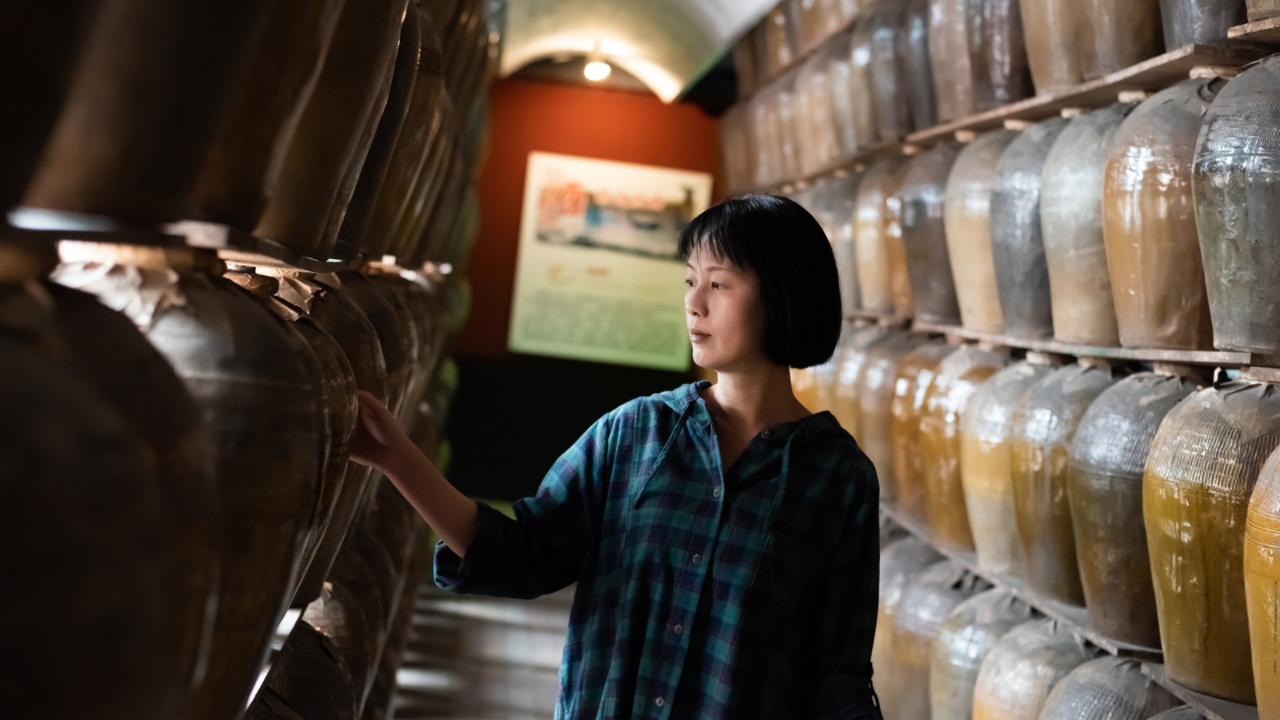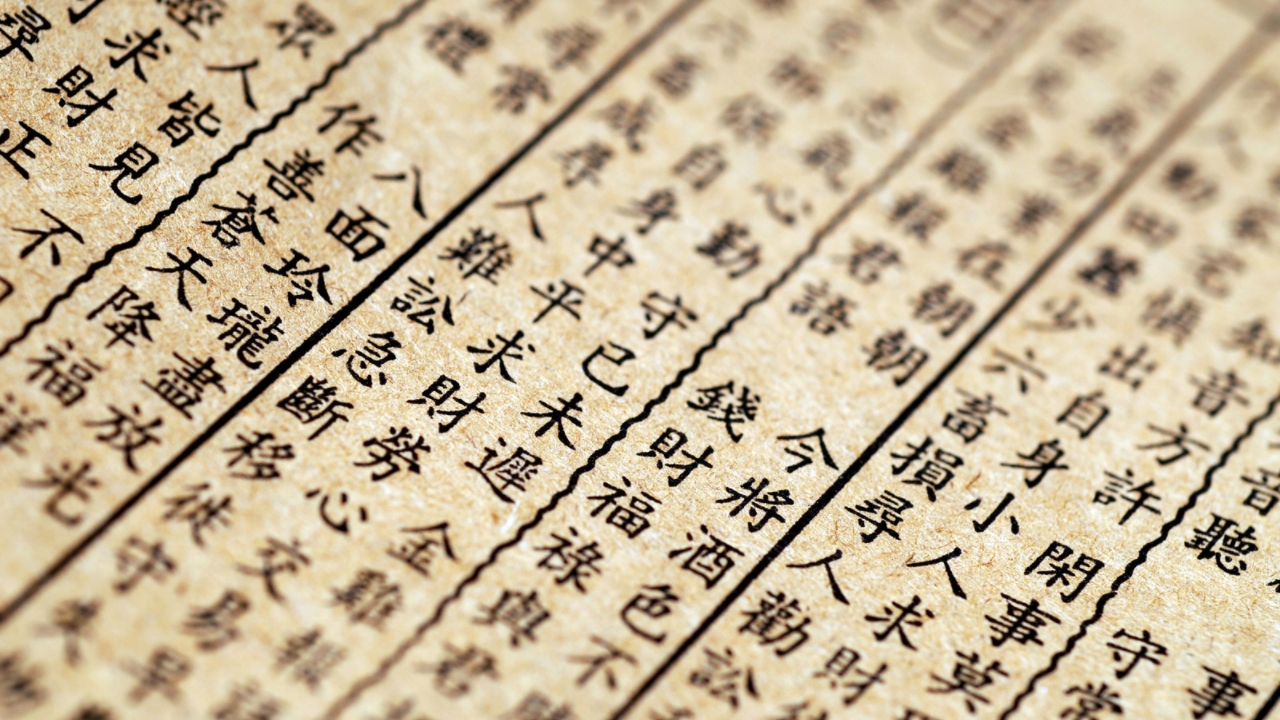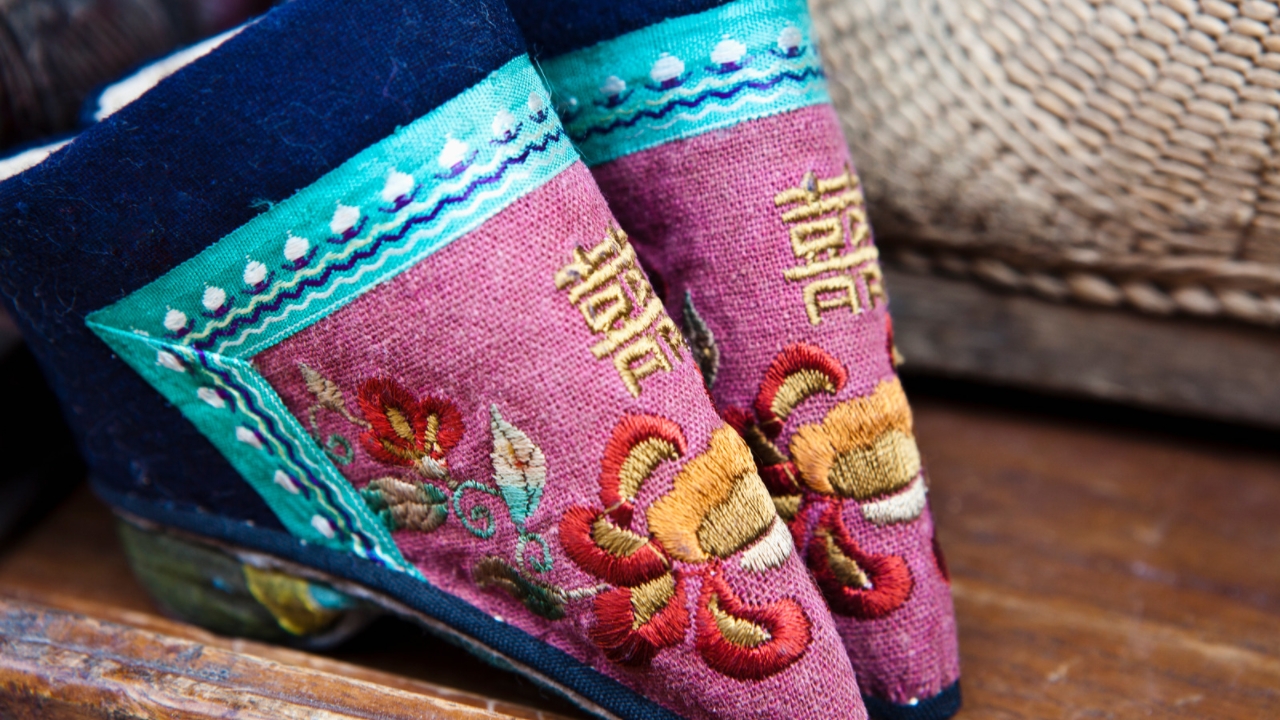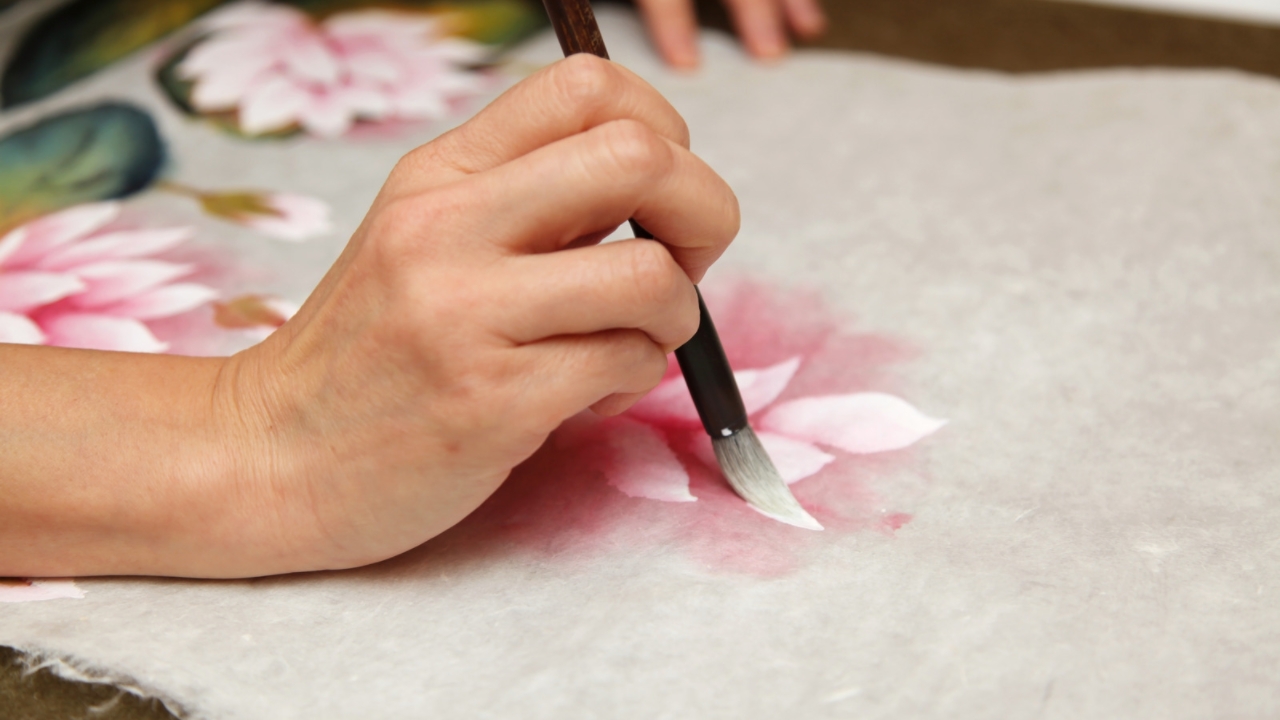
Chinese Culture | Language, Tradition, and Religion
Aug 19, 2021 China is an incredibly beautiful and culturally ancient country. They have more than 3,600 years of written cultural history, according to Chinese experts. A country's national identity is defined by its culture and customs itself. They are rich in culture, people, and their influence are widely known around the world, but it remains strange and mysterious.
China is an incredibly beautiful and culturally ancient country. They have more than 3,600 years of written cultural history, according to Chinese experts. A country's national identity is defined by its culture and customs itself. They are rich in culture, people, and their influence are widely known around the world, but it remains strange and mysterious.

We all know that Chinese are very influential, their culture is rich in the arts and sciences, as well as in intricate painting and printing skills, beautiful pottery and sculpture. Chinese architectural traditions were held in high regard, their language and literature, philosophy, and politics continue have a significant influence in other country.

LANGUAGE
China is the world's most populous country, with over a hundred languages spoken there. The Chinese language is divided into dialects, which are geographical variations. China's official language is Mandarin, commonly known as "Putonghua."
China also has several other major dialects includes Yue (Cantonese), Xiang (Hunanese), Min dialect, Gan dialect, Wu dialect, and Kejia or Hakka dialect. Mandarin is the most widely spoken dialect in China with more than 70% of the population, and many people who speak other Chinese dialects use it as a second language Chinese. They are mostly used their mother tongue and many people learn Chinese as their second language.

In fact, People who want to learn Chinese or work in China must master at least 3000 characters in order to be fluent. Chinese is primarily a tonal language. If you're an English speaker, learning Chinese will be challenging aspect of catching up on the five-tone system.
Finally, Chinese is the world's oldest language, with a written form dating back over 3,000 years. There are more than 70 countries have officially incorporated Chinese language teaching into their national education systems, including the UK, Russia, South Africa, Japan, South Korea, and Australia, according to Tian Xuejun, China's vice minister of education. With that being said, Chinese culture and traditions have undoubtedly influenced the culture of the world.

FOOT BINDING
Foot binding was a Chinese cultural practice that entailed tightly bandaging women's feet in order to change their shape for aesthetic reasons. It was practiced from the 10th century until the establishment of the People's Republic of China in 1949. Foot binding began when females were between the ages of four and six; some were as young as three and as elderly as twelve. The girl's feet were first tied by their mothers, grandmothers, or older female relatives. The ultimate goal was to make them 3 inches long, the perfect “golden lotus” foot, but only a few people succeeded. Foot binding was also a status symbol, and it was widely believed that it promotes fertility by increasing blood flow to the legs, hips, and vaginal areas. It was also compared to other methods of "perfecting" the female form, such as corsets and female genital mutilation. But during the Qing Emperor Kangxi (reigned 1661–1722) he forbade foot binding in 1662, although the restriction was later lifted in 1668 due to popular use. Opposition to its practice, Chinese missionaries contended that the practice was cruel, and that the rest of the world looked down to it.

RELIGION
In China, only five religions are recognised as official. Buddhism, Taoism, Islam, Catholicism, and Protestantism are all forbidden religions in China. Taoism native in China and has a history of almost 1,700 years. For ancient Chinese people, Confucianism was a way of life, and it continues to impact Chinese culture today. Taoism, Confucianism, and other traditional faiths are practiced by about a quarter of the Chinese population.
According to recent polls, 80 percent of Han Chinese practice Chinese folk religion and Taoism, 10-16 percent practice Buddhism, 3-4 percent practice Christianity, and 1-2 percent practice Islam.
Stay connected with news and updates!
Join our mailing list to receive the latest news and updates from our team.
Don't worry, your information will not be shared.
We hate SPAM. We will never sell your information, for any reason.

